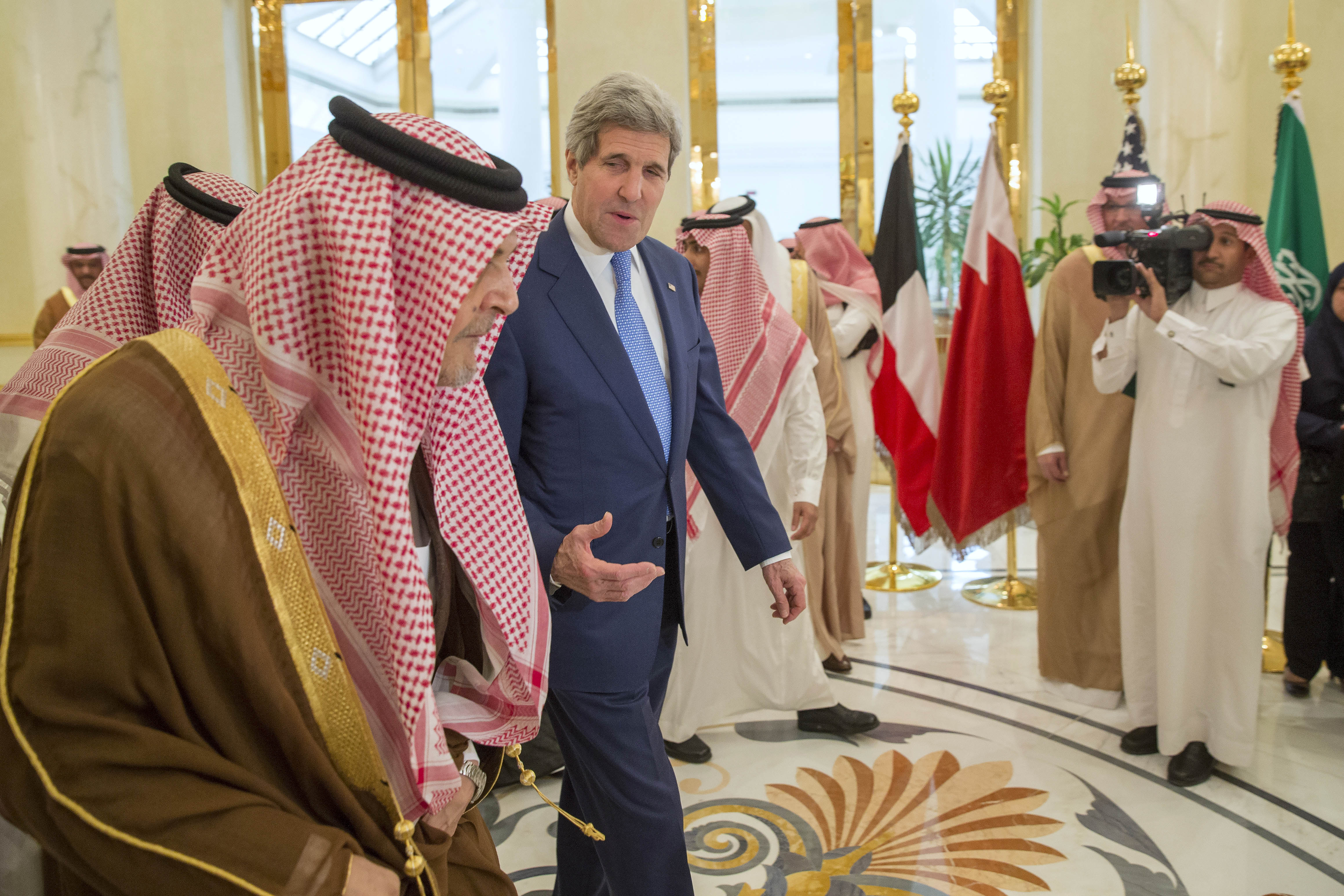When all the options are bad
There's good reason to distrust Iran. But most Americans support the nuclear deal anyway.


A free daily email with the biggest news stories of the day – and the best features from TheWeek.com
You are now subscribed
Your newsletter sign-up was successful
Here's an apparent paradox: By a landslide margin of 59 to 31 percent, a new Washington Post/ABC News poll found, Americans approve of making a deal to limit Iran's nuclear capabilities. And yet 59 percent of Americans also say they have little confidence a negotiated agreement will stop Iran from eventually developing nuclear weapons. Why, then, do people prefer negotiating with the mullahs, despite justified skepticism that Iran will comply with its promises? Are we a nation of weak-kneed Neville Chamberlains? Let me hazard an alternative hypothesis that begins with two words: Iraq and Afghanistan. After the two longest wars in U.S. history, most Americans have concluded there are limits on what U.S. military power can achieve. We can't cure what ails the Middle East, and our attempts to do so have produced terrible disappointment and terrible costs.
This doesn't mean most Americans have become isolationists. Clearly, the U.S. cannot afford to ignore Iran, or ISIS, or Syria, or the Sunni-Shiite war now igniting the region. But to a large degree, the chaos there is an unintended consequence of the regime change we engineered in Iraq. We've tried toppling dictatorial regimes, and have found that the "Pottery Barn rule" applies: You break it, you own it. Americans aren't eager to own any more broken countries. Nor do most folks want to send brave young soldiers to fight in foreign civil wars, having seen far too many return with limbs torn off by IEDs or their psyches scarred for life. Americans know that trusting the Ayatollah is not a good option — but also that there are no good options. When all the options are bad, you can only hope to pick the least worst.
A free daily email with the biggest news stories of the day – and the best features from TheWeek.com
The Week
Escape your echo chamber. Get the facts behind the news, plus analysis from multiple perspectives.

Sign up for The Week's Free Newsletters
From our morning news briefing to a weekly Good News Newsletter, get the best of The Week delivered directly to your inbox.
From our morning news briefing to a weekly Good News Newsletter, get the best of The Week delivered directly to your inbox.
William Falk is editor-in-chief of The Week, and has held that role since the magazine's first issue in 2001. He has previously been a reporter, columnist, and editor at the Gannett Westchester Newspapers and at Newsday, where he was part of two reporting teams that won Pulitzer Prizes.
-
 How to Get to Heaven from Belfast: a ‘highly entertaining ride’
How to Get to Heaven from Belfast: a ‘highly entertaining ride’The Week Recommends Mystery-comedy from the creator of Derry Girls should be ‘your new binge-watch’
-
 The 8 best TV shows of the 1960s
The 8 best TV shows of the 1960sThe standout shows of this decade take viewers from outer space to the Wild West
-
 Microdramas are booming
Microdramas are boomingUnder the radar Scroll to watch a whole movie
